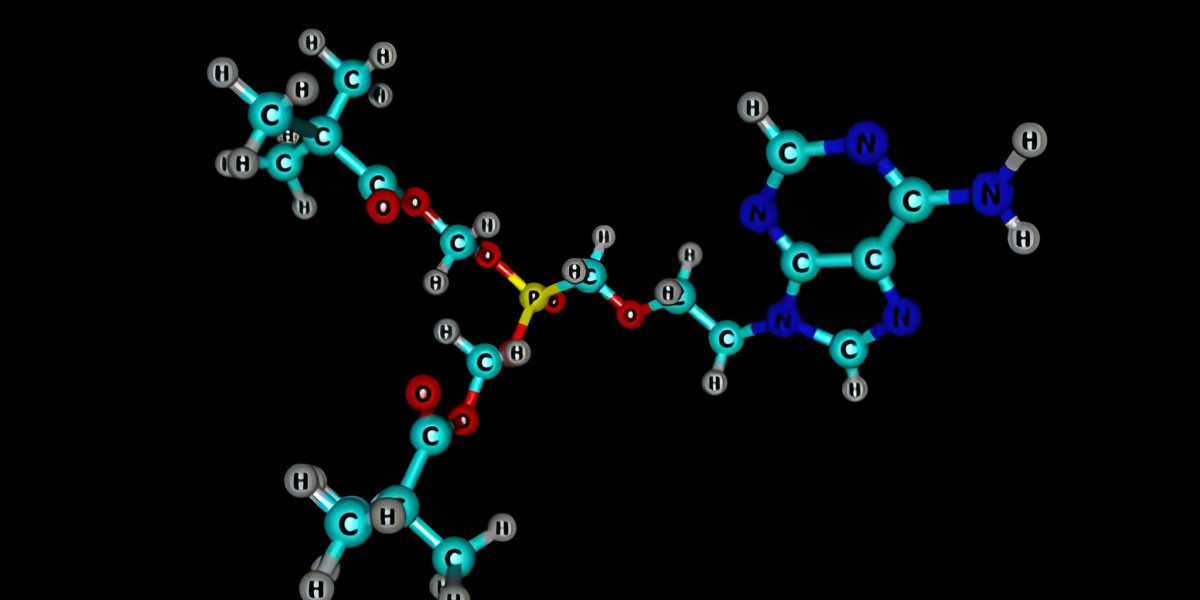Understanding Thymidine Phosphorylase and Its Role in Disease
Thymidine phosphorylase (TP), also known as platelet-derived endothelial cell growth factor, is an essential enzyme in the pyrimidine salvage pathway, facilitating the reversible conversion of thymidine into thymine and 2-deoxy-D-ribose-1-phosphate. Beyond metabolism, TP plays a critical role in tumor angiogenesis, metastasis, and tissue repair. Elevated TP levels are observed in colorectal, breast, lung, and gastric cancers, where it promotes tumor growth by enhancing angiogenic signaling and altering the tumor microenvironment. Targeting this enzyme has become a major research focus for novel cancer therapies aimed at inhibiting angiogenesis and improving outcomes when combined with standard treatments. This has become a driving factor in the Thymidine Phosphorylase Inhibitors Market.
Mechanism of Action of Thymidine Phosphorylase Inhibitors
TP inhibitors work by blocking the enzyme’s activity, preventing the production of deoxy-D-ribose, a molecule that stimulates endothelial cell migration and angiogenesis. By limiting TP function, these inhibitors reduce pro-angiogenic signals that tumors depend on, effectively restricting nutrient and oxygen supply. TP inhibition can also enhance the effectiveness of chemotherapies reliant on thymidine metabolism, offering synergistic cancer treatment benefits. Various small molecules and nucleoside analogs have been developed to selectively inhibit TP, demonstrating promising results in preclinical and early clinical studies.
Therapeutic Applications in Oncology and Other Disorders
While cancer remains the primary focus, TP inhibitors may have broader therapeutic potential. TP contributes to inflammation and tissue repair, suggesting benefits in conditions with abnormal angiogenesis or excessive tissue remodeling. In diseases such as rheumatoid arthritis, elevated TP promotes vascular proliferation and tissue damage, which inhibitors may help control. In oncology, TP inhibitors are being evaluated as monotherapies and in combination with chemotherapy agents like capecitabine to enhance selectivity and reduce resistance.
Progress in Clinical Development
Over the last decade, research has examined the safety and efficacy of TP inhibitors. Early compounds, including 5′-O-tritylthymidine and tipiracil, provided insights into pharmacodynamics and toxicity. Tipiracil, combined with trifluridine in the approved drug Lonsurf, has improved survival in metastatic colorectal and gastric cancers. Ongoing Thymidine Phosphorylase Inhibitors Clinical Trials are studying optimized dosing, combination strategies, and expanded indications to define therapeutic windows and predictive biomarkers for personalized treatment.
Key Industry Players and Research Collaborations
Global TP inhibitor development involves large pharmaceutical firms, academia, and biotechnology startups. Leading Thymidine Phosphorylase Inhibitors Companies focus on enhancing selectivity, bioavailability, and safety, while collaborations accelerate clinical translation. Tipiracil’s success has spurred next-generation inhibitors with improved potency and pharmacokinetics, expanding applications beyond cancer to conditions like diabetic retinopathy and cardiovascular disorders.
Approved and Investigational Drugs
Among Thymidine Phosphorylase Inhibitors Drugs, tipiracil is the most clinically established, preventing trifluridine degradation and enhancing cytotoxicity. Other compounds are advancing through preclinical and clinical stages, including non-nucleoside inhibitors with potentially improved safety. Some investigational agents combine TP inhibition with immune modulation, leveraging the enzyme’s dual role in tumor growth and immune evasion, further expanding therapeutic possibilities.
Development Challenges
Challenges include achieving selective inhibition without affecting normal tissue repair, overcoming compensatory resistance pathways in tumors, and optimizing pharmacokinetics to ensure tumor targeting while minimizing systemic toxicity. Advances in medicinal chemistry and targeted delivery systems are expected to improve the therapeutic index of TP inhibitors.
Market Landscape and Economic Prospects
The Thymidine Phosphorylase Inhibitors Market Size is steadily growing, driven by rising cancer incidence and demand for targeted therapies. Tipiracil-based therapies have validated the commercial potential, attracting new market entrants. Analysts project steady growth as more compounds reach late-stage development and indications expand, with combination therapies further boosting adoption if clinical benefits are confirmed.
Future Outlook and Forecast
The Thymidine Phosphorylase Inhibitors Market Forecast indicates strong growth, driven by innovations in drug design, precision medicine, and biomarker research. Computational modeling and structure-based design enable the discovery of selective, potent inhibitors. Increasing investments from pharmaceutical and biotech firms are expected to accelerate research and expand market reach, positioning TP inhibitors as key components of next-generation targeted therapies.
Conclusion
TP inhibitors have evolved from niche research to a promising therapeutic class with clinical and commercial relevance. They modulate tumor growth, angiogenesis, and chemotherapy response, laying a strong foundation for future drug development. With active pipelines, rising market interest, and broader applications across multiple diseases, TP inhibition represents a vital frontier in modern pharmacology.
Latest Reports by DelveInsight:
Advanced Cancer Pain Management Market | Bronchiolitis Obliterans Syndrome (BOS) Market | Charcot Marie Tooth Disease Market | COPD Market | Guillain-Barré Syndrome Market | JAK Inhibitor Market | Mayus Kinase JAK Inhibitors Market | Myofascial Pain Syndrome Market | Neurostimulation Devices Market | Orthopedic Trauma Devices Market | Parkinson Disease Market | Acute on Chronic Liver Failure (ACLF) Market | Airway Stent Market | Allergic Rhinitis Market | Anesthesia Workstation Machines Market | Artificial Kidney Market | Atrial Fibrillation Market | Bile Duct Neoplasm Market | Bone Neoplasms Market | Bronchial Neoplasm Market
About DelveInsight
DelveInsight is a leading Business Consultant, and Market Research firm focused exclusively on life sciences. It supports Pharma companies by providing comprehensive end-to-end solutions to improve their performance. It also offers Healthcare Consulting Services, which benefits in market analysis to accelerate the business growth and overcome challenges with a practical approach.
Media Contact
Company Name: DelveInsight Business Research LLP
Contact Person: Abhishek kumar
Email: [email protected]
City: Albany
State: New York
Country: United States
Website: https://www.delveinsight.com








